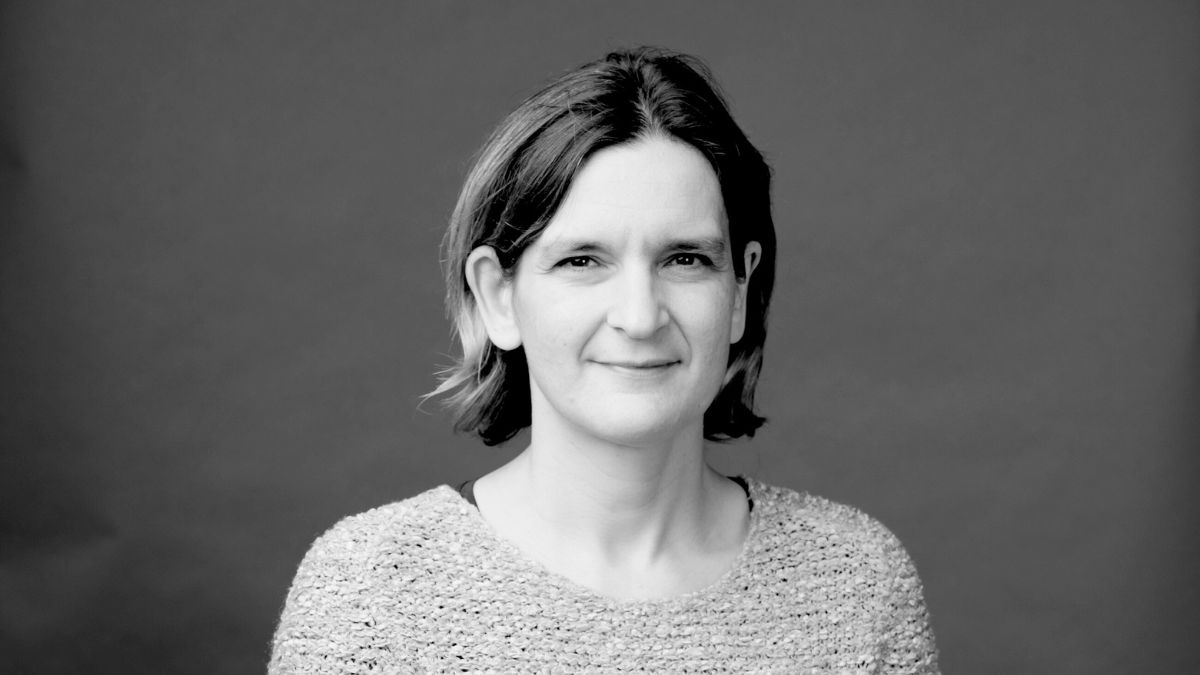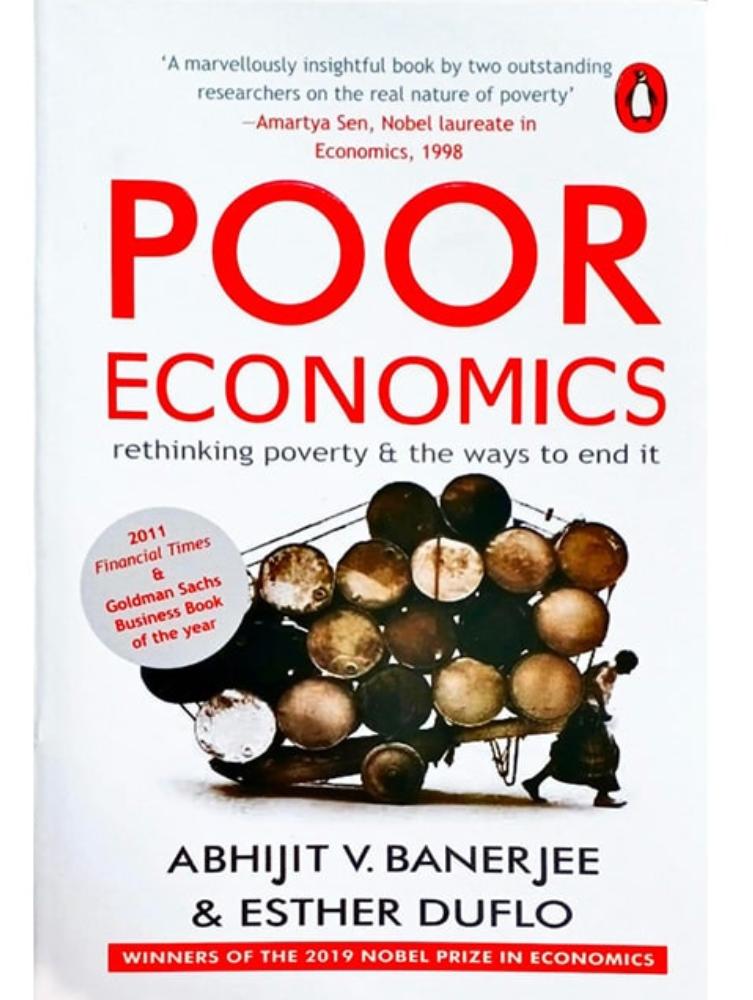
Born in Paris on 25 October 1972, Esther Duflo is a French-American economist. Nobel Prize in Economics, she is the Abdul Latif Jameel Professor of Poverty Alleviation and Development Economics in the Department of Economics at the Massachusetts Institute of Technology and a co-founder and co-director of the Abdul Latif Jameel Poverty Action Lab (J-PAL). In her research, she seeks to understand the economic lives of the poor, with the aim to help design and evaluate social policies. She has worked on health, education, financial inclusion, environment and governance.
Together with Abhijit Banerjee, Duflo is the co-author of Poor Economics and Good Economics for Hard Times, published in April 2011 and November 2019, respectively. According to the Open Syllabus Project, Duflo is the seventh most frequently cited author on college syllabi for economics courses
She has recently published Poor Economics for kids which was released in English by Juggernaut and in 5 vernacular languages by Pratham Books. The Malayalam version is planned for early next year.
About the book in focus
Poor Economics (Random House India, 2013)
Imagine you have a few million dollars. You want to spend it on the poor. How do you go about it? Billions of government dollars, and thousands of charitable organizations and NGOs, are dedicated to helping the world’s poor. But much of their work is based on assumptions about the poor and the world that are untested generalizations at best, harmful misperceptions at worst.
Abhijit V. Banerjee and Esther Duflo have pioneered the use of randomized control trials in development economics through their award-winning Poverty Action Lab. They argue that by using randomized control trials, and more generally, by paying careful attention to the evidence, it is possible to make accurate-and often startling assessments-on what really impacts the poor and what doesn’t.
Book
Poor Economics (Random House India, 2013)

When
January 2025
Where
Kerala Literature Festival, 2025
